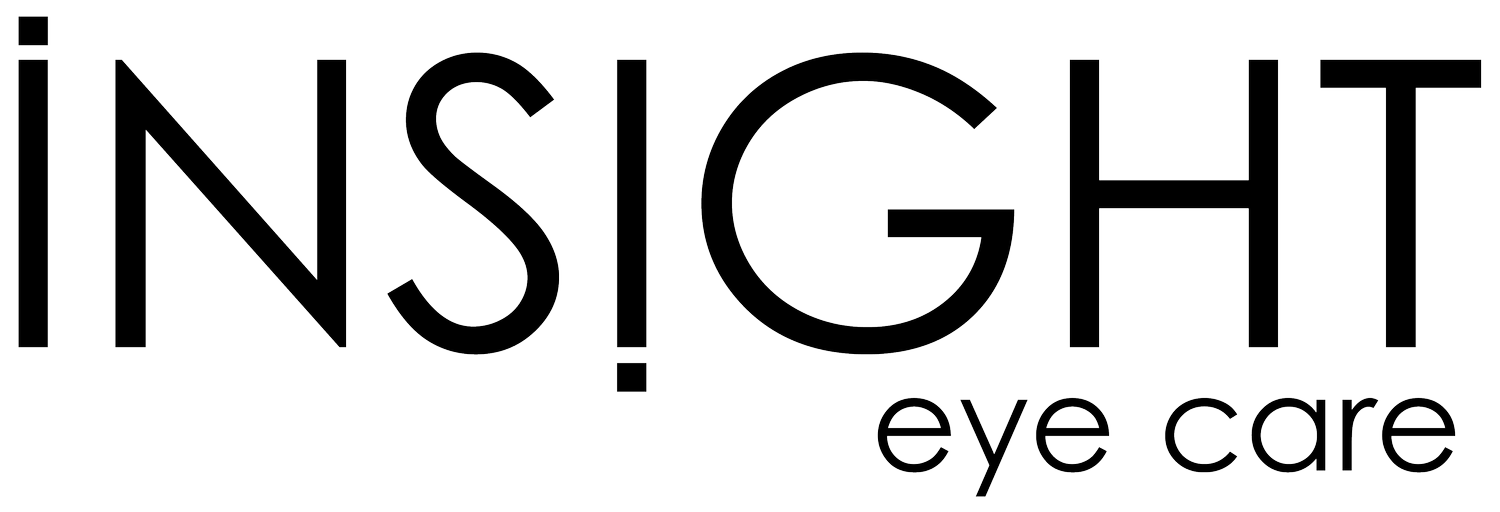Ask The Doctor… About Children’s Eye Exams
Dr. Diana Balcarras Berg, B.Sc., O.D
As an optometrist and a mom, my patients and friends often ask me questions about eye examinations for children. This blog post will go over some of the most frequently asked questions surrounding eye care for children.
When should my child have their first eye exam?
The Canadian Association of Optometrists recommends that a child has their first eye examination at the age of 6 months old followed by yearly exams thereafter. Statistics show that 5-10% of preschoolers and 25% of school-aged children have vision problems. As children get closer to school age, it is especially important to get their eyes checked. Often people do not realize that 80% of learning is visual. The earlier we can detect these issues, the more likely the child is to have a positive response the appropriate treatment.
What should I expect will happen at my child’s first eye exam?
Depending on the age and comfort of the child, we use a variety of hand-held equipment and traditional equipment to assess the eyes. There are four main areas we are checking throughout the exam: visual acuity (how well the child sees), binocularity (how the muscles and eyes work together), refraction (whether the child is farsighted, nearsighted, or has astigmatism) and ocular health. The binocular vision system is assessed to look for signs of a lazy eye, eye turn (strabismus), or weak eye (amblyopia). We will also assess if your child is nearsighted, farsighted and/or if they have astigmatism and if they require glasses. The eye health is also examined to look for any congenital defects or other ocular health concerns. These main components are part of every exam, regardless of the age. As the child gets older we can also check colour vision and do other specialized testing based on any specific concerns that may arise.
I am worried that my child won’t cooperate during the exam. Should I bother bringing him/her?
We have experience working with children of different abilities and personalities. We make the exam fun and interactive so the child is put at ease and wants to participate. There are different methods we can use to obtain the results we need without using the traditional equipment, so it is less intimidating for the child. We will work with you and the child to make sure it is a positive experience for everyone.
My child seems to have great vision, is it really necessary to come for an eye exam?
The simple answer is “yes!” There are many ocular conditions that can only be detected by an optometrist. Some eye diseases do not initially cause vision loss, so it is important to rule-out any problems. Sometimes one eye can be functioning really well but the other eye is weak; it can appear like the child’s vision is working well and the child may not notice that one eye is worse than the other. A child may think they are seeing well, but because they don’t know any different, they may not realize their vision isn’t the way it should be.
My child had a vision screening at school. Is this the same thing as an eye exam?
Vision screenings are quite different then the testing that an optometrist will do. Vision screenings are used to detect if there are any major issues with seeing an eye chart, they also do a rough estimate of near/farsightedness. However, this is not a comprehensive exam and some major components like determining if glasses are needed, testing eye alignment, ocular health, colour vision, etc can only be examined at a full eye exam.
How much does a child’s eye exam cost?
All children who have an OHIP card are able to have free eye examinations. Additionally, if your child is registered in junior kindergarten and he/she requires prescription glasses, they are also eligible for one free pair of eyeglasses. The government sees the value in covering eye examinations for children and we highly advise you take advantage of this service.
Summary:
Eye exams at a young age are crucial to ensuring proper development of vision, motor skills and cognitive skills. A child with poor vision can often get frustrated which leads to poor academic performance or behaviour issues. When vision issues are detected early, it can often result in better visual outcomes in the long run.
My daughter may not need glasses...but she sure loves her glasses clothing!
About the author: Dr. Diana Balcarras Berg graduated in 2009 and has experience in private practice eye care and is also clinical instructor at the University of Waterloo School of Optometry. Her special interests include family eye care and education. Feel free to call Insight Eye Care at 519-885-2020 to book your family’s eye exams with Dr. Balcarras Berg. Evening and after-school appointments are available.




